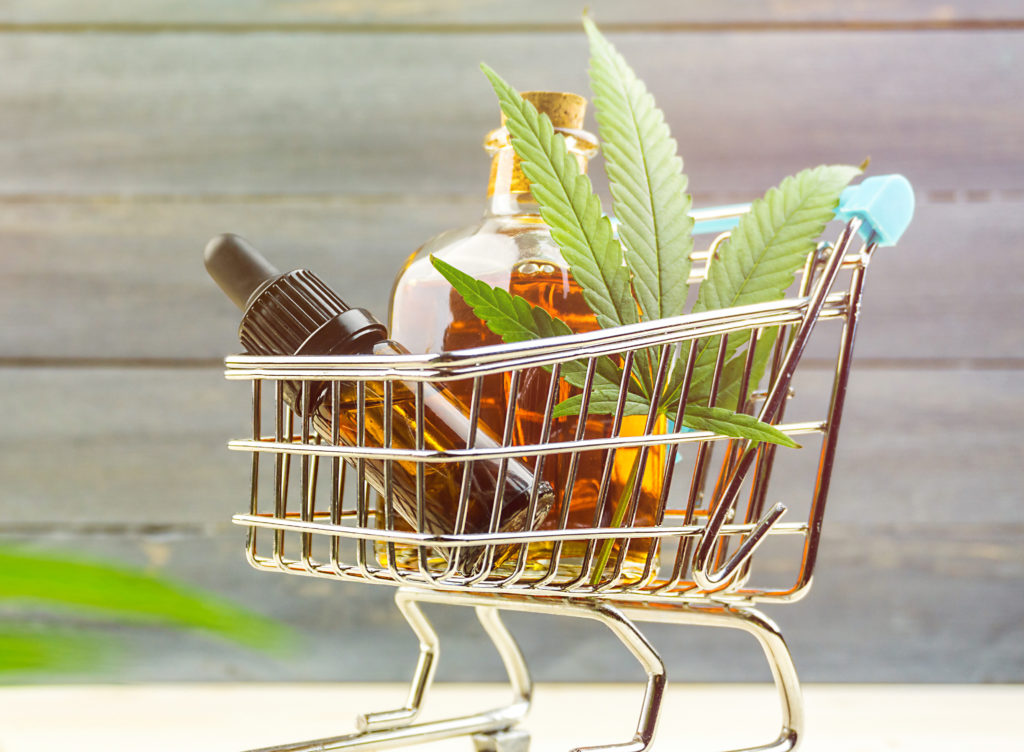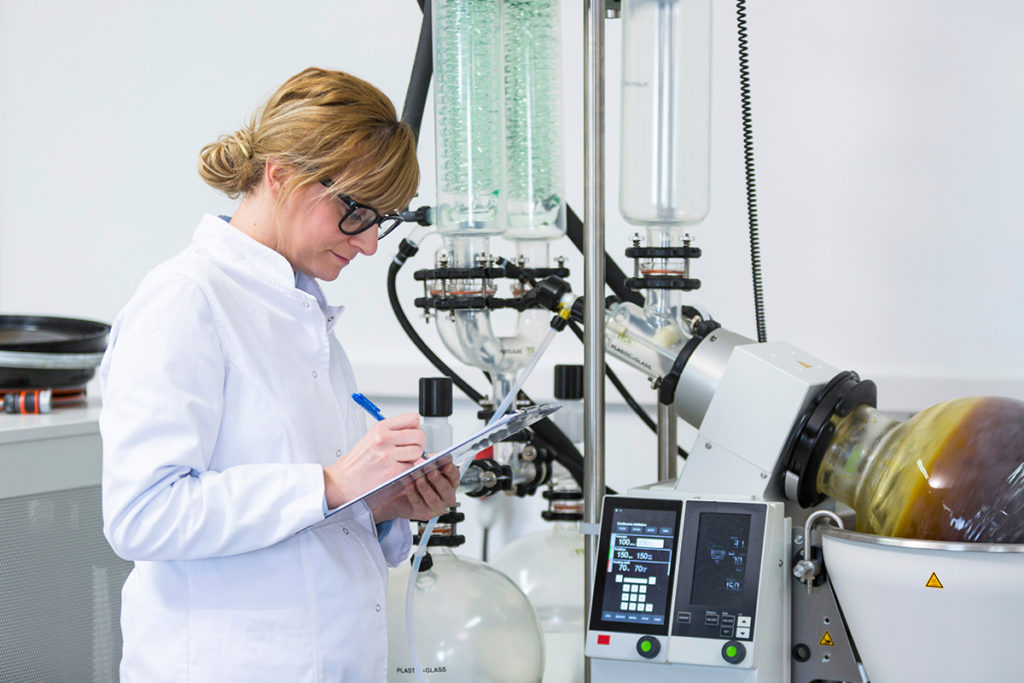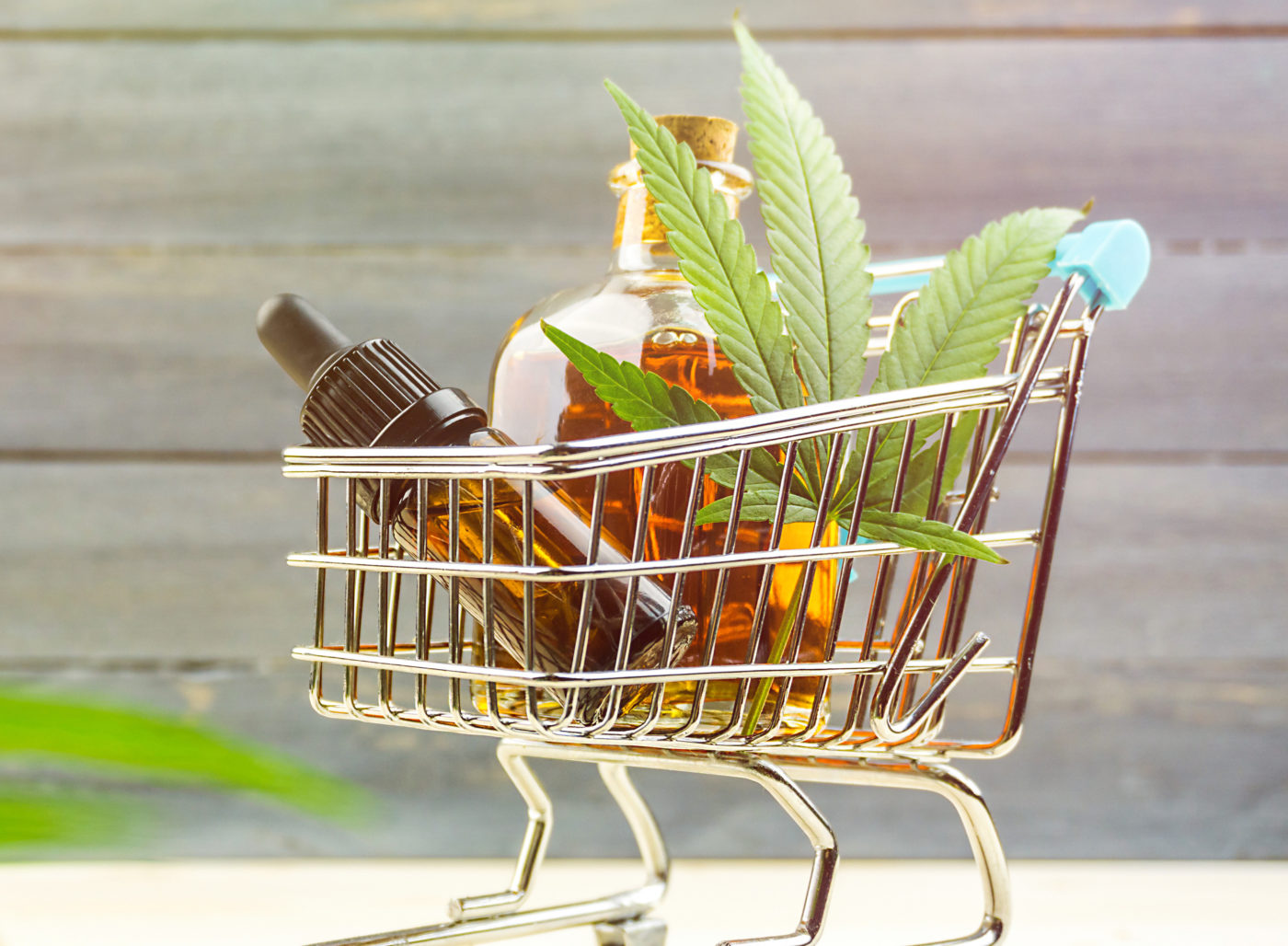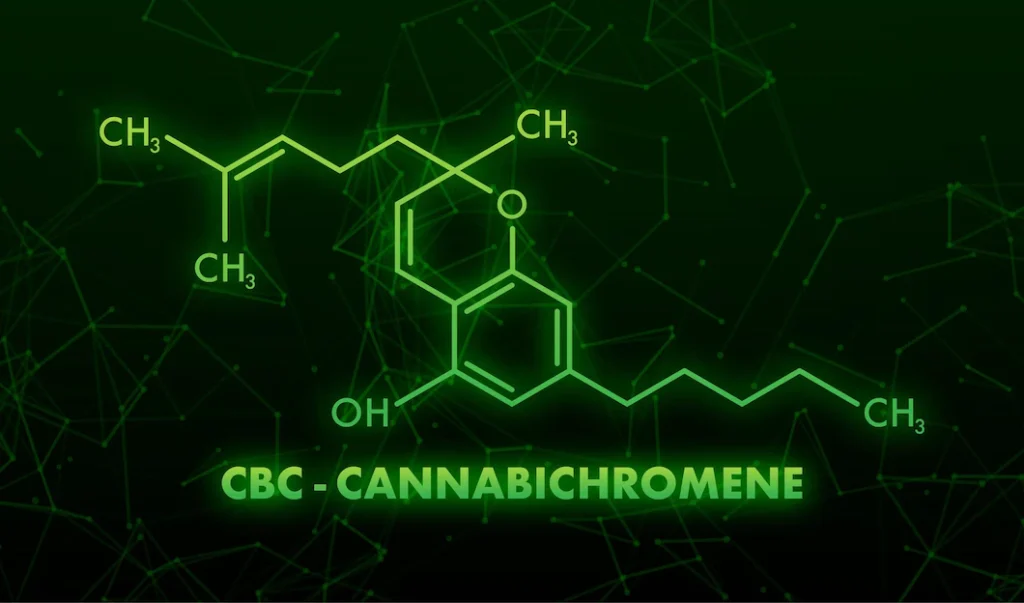
Shopping for Cannabinoids: A Buyer’s Guide
November 4, 2020

Over the last year, Discover has introduced loads of information about hemp-derived cannabinoids and the science, regulatory, legal, and financial data behind it all. The question is, what do you do with that information? How can you use it to choose the products that are right for you? Today’s post is all about being an informed consumer, knowing what to look for, and who to talk to.
Network: Online & In-Person
The first step in choosing the right product is to talk to people who have used the one you’re looking into. It is not just enough to ask your friends “have you tried CBD?” Find a seller or ambassador of a brand that can give you legitimate information about the brand you are interested in. Talk with them about what their brand is known for—Is it a pioneer in the hemp industry? Is there an online presence for this brand? Find out as much as you can about the hemp-derived cannabinoids that company markets. Ask the ambassador for flyers, studies, or other data they can share with you.

If the company has a blog, check it out to determine what their focus is. Pay close attention to their science section, if they have one. If they don’t have one, it’s probably time to search elsewhere. Check to see if they are the “gold standard” you’re looking for. Speaking of online presence, check out the company’s social media. Facebook, Twitter, Instagram, and even Pinterest are great avenues to find the product you’re looking for. There is a vital difference in talking with someone who has actually taken the product and just a store clerk who may or may not have any cannabinoid knowledge or product training.
Choice Made, Now What?
After you’ve read all you can read, talked to people who know your product, and checked out the online presence of the company, what comes next? Now it comes down to compliance and the science of the company itself. Your choice should provide the following data, which are required by some state and federal regulations to be a legitimate, compliant gold standard hemp-derived cannabinoid product:
- Certificate of Analysis
- QR Codes
- U.S. Hemp Authority Seal of Certification (voluntary certification for hemp product quality & transparency)
- Manufactured under Current Good Manufacturing Practices (cGMP)
- Scientific studies that support technology they use (e.g. bioavailability)
What is a certificate of analysis (COA) or a seal of certification from the U.S. Hemp Authority (USHA)? Why should you care about a QR code or their technology? There are only a few hemp companies that actually have all of these qualifications. Let’s look at these important qualifications individually.
Certificate of Analysis (COA)
A certificate of analysis is a document issued by a laboratory that confirms that a product meets its predetermined specifications. They contain the results obtained from testing performed as part of quality control of an individual batch of a product. Currently, 10 states require COAs for consumable hemp extract products, with more following suit. The U.S. Federal Trade Commission (FTC) governs truth in advertising and its mission is to protect consumers from fraud. When consumers see or hear an advertisement, whether it’s on the Internet, radio or television, or anywhere else, federal law says that ad must be truthful, not misleading, and, when appropriate, backed by scientific evidence (e.g. a certificate of analysis). Additionally, the Federal Food, Drug and Cosmetic Act — which provides authority for the U.S. Food & Drug Administration’s (FDA) consumer-protection work — requires that labels on packaged food and dietary supplement products (like CBD) in interstate commerce be truthful and not false or misleading in any way. Therefore, a superior product should have authentic, truthful COAs.

Interestingly, Indiana was the first state to require testing at an ISO 17025 accredited laboratory which led to the creation of publicly available COAs for hemp-derived products. An ISO 17025 laboratory is a laboratory that meets the International Organization for Standardization (ISO) general requirements for testing and calibration that were first issued in 1999. Truthful and accurate test results from ISO 17025 laboratories are important, not only for FDA and FTC compliance, but because hemp is a phytoremediator. That means it has the ability to purify the soil it grows in, drawing up whatever is in the soil. It is crucial to test the hemp in a laboratory with strict standards and authentic COAs can show you what is or isn’t in the product you have chosen. COAs are issued for each specific batch tested and you should be able to find the COA for your product on the company’s website or through a QR code.
 QR codes
QR codes
QR codes, or quick response codes, have been around since 1994 and are literally used for everything. In the hemp-derived supplement industry, companies with the highest standards will provide QR codes on the labels of their product. Indiana was also the first state to require that a QR code lead to a product’s COA so that test results were available to consumers immediately. Without a QR code on the label, it could be very difficult to find out if the company even has COAs or performs testing on their hemp at all.

 U.S. Hemp Authority Seal of Certification (USHA)
U.S. Hemp Authority Seal of Certification (USHA)
Along with a COA, the USHA Seal of Certification is THE requirement you should be looking for on your choice of product. The U.S. Hemp Authority is the hemp industry initiative to provide high standards, best practices, and self-regulation, giving consumers confidence in hemp and cannabinoid products. Companies that hold the USHA seal have completed a rigorous voluntary audit procedure and independent third-party testing on every one of their hemp-derived products. The USHA seal adds credibility to a product and reassures you that they are using industry best practices that are compliant with state and/or federal regulations from the farm to your shopping cart.
 Current Good Manufacturing Practices (cGMP)
Current Good Manufacturing Practices (cGMP)
In your search for an ultra-amazing product, you should also verify if it is manufactured using current good manufacturing practices, or cGMP. Being a cGMP manufacturer means conforming to all FDA guidelines and requirements of the Food Safety and Modernization Act, designed to prevent contamination of food and dietary supplement products. Consumers can have more confidence in products that come from cGMP manufacturers and carry the USHA certification seal knowing those products have been independently tested by certified laboratories and verified by 3rd party independent auditors.
 Supporting Science & Technology
Supporting Science & Technology
Another item to check off your list is to find out if there is research that supports the technology or methods being used to create the product. If you can’t find supporting evidence, there probably isn’t any. Remember what your teachers always said, “if you don’t support your claim with facts and evidence, then it is just an opinion.” When you researched the company, what key words did you find in the science section? Is there science-related content on their blog? A superior company will offer as much transparency as possible, offering information about their technology and studies they may have commissioned on their product. There should be mountains of science to back up whatever the company is claiming on their blogs, science pages, or social media. For example, if a company utilizes a specific technology to produce their cannabinoid products, there should be other scientific studies, reports, articles, etc., that demonstrate what it does and how that is used based on the company’s claims.
Another ultra-important aspect to research is the bioavailability of your choice. Bioavailability refers to the property of a compound to be absorbed by the body. Products with more bioavailability are absorbed at a higher level. The more your body absorbs, the more efficiently the benefits can be delivered. Remember, the body can only use what it can absorb!
Results
All-in-all, it takes a fair amount of work to find a quality assured and effective hemp-derived dietary supplement, and there are very few companies out there who actually have all four of these important components. Remember, it’s worth it to:
- talk to someone who knows the product (either a consumer or an ambassador, or both);
- research the company and pay close attention to their science pages or blogs;
- verify they are FDA compliant and using cGMP;
- find out as much as you can about their COAs, U.S. Hemp Authority Certification, and their technology.
To find an ultra-great product, research thoroughly to find the gold standard you’re looking for.
Visit us next week when we learn how to become an Instagram Influencer from our very own Zilis Communications Manager, Amanda Green.
About Zilis’ Scientific Research & Development Department
Our Scientific Research and Development Department is headed up by Dr. Marielle Weintraub, a hemp industry expert. She holds a master’s and a PhD in Behavioral Neuroscience and is very active in many dietary supplement and hemp industry trade associations, including her role as the current President of the U.S. Hemp Authority. Dr. Weintraub is committed to the continued development of hemp-specific information and testing to fulfill the Zilis mission.
Science posts for Discover are co-researched and co-written by Kelly McGill, Senior Scientific Technical Writer at Zilis. Kelly holds a bachelor’s degree in English and a master’s in Linguistics / TESL. She has been writing science-related content for over 20 years and is an expert in making difficult concepts easy to understand.
Zilis is the creator of UltraCell™, a CBD oil product derived from hemp. Based in Argyle, Texas, a suburb of Dallas-Fort Worth, Zilis is privately held. Visit zilis.com for more information.
SHARE THIS POST
ABOUT THIS BLOG
Discover : The blog with the lifestyle, nutrition, science, and history of the hemp industry.
It’s your go-to for the most up-to-date information on hemp, CBD, dietary supplements, and more! Check it out!







